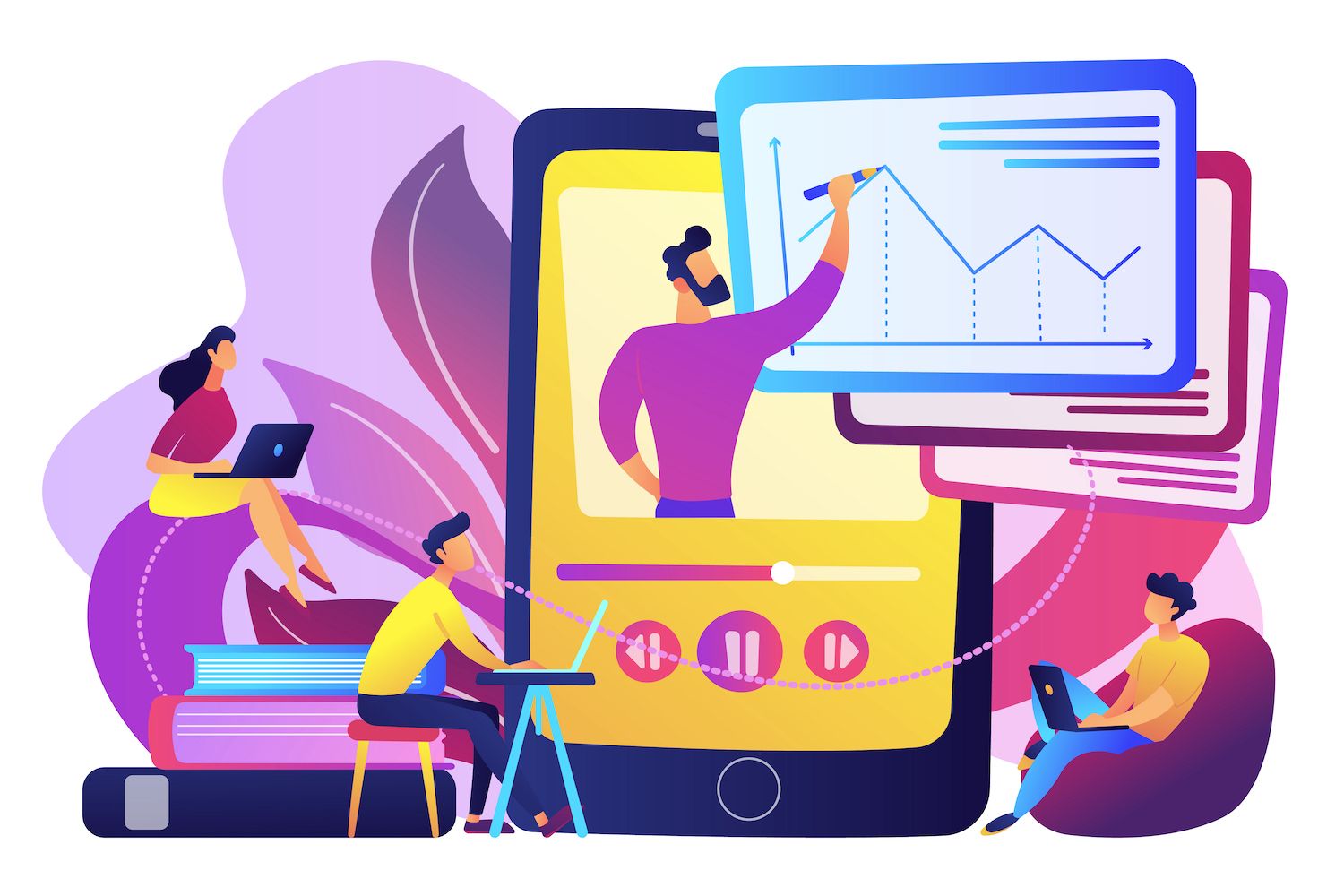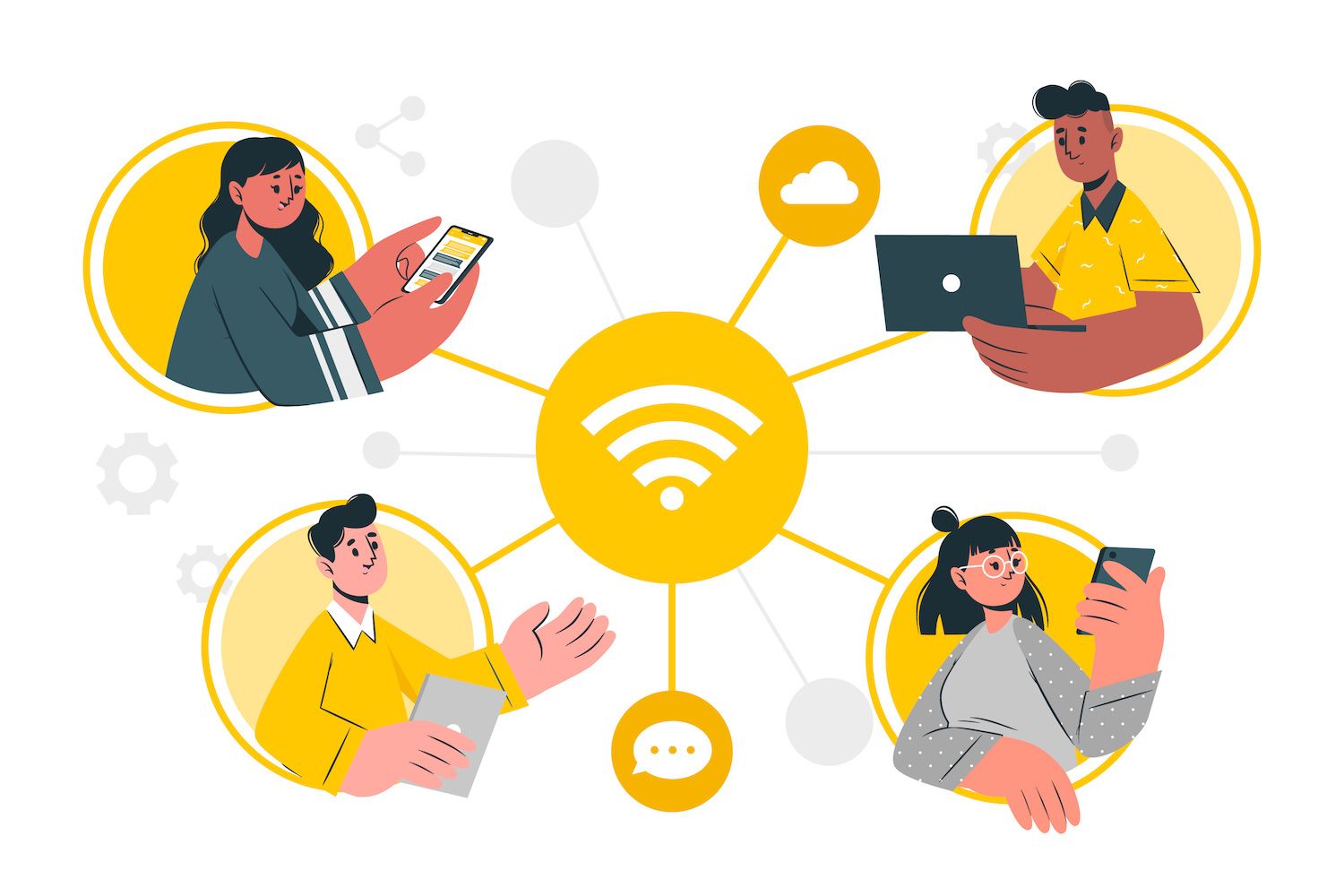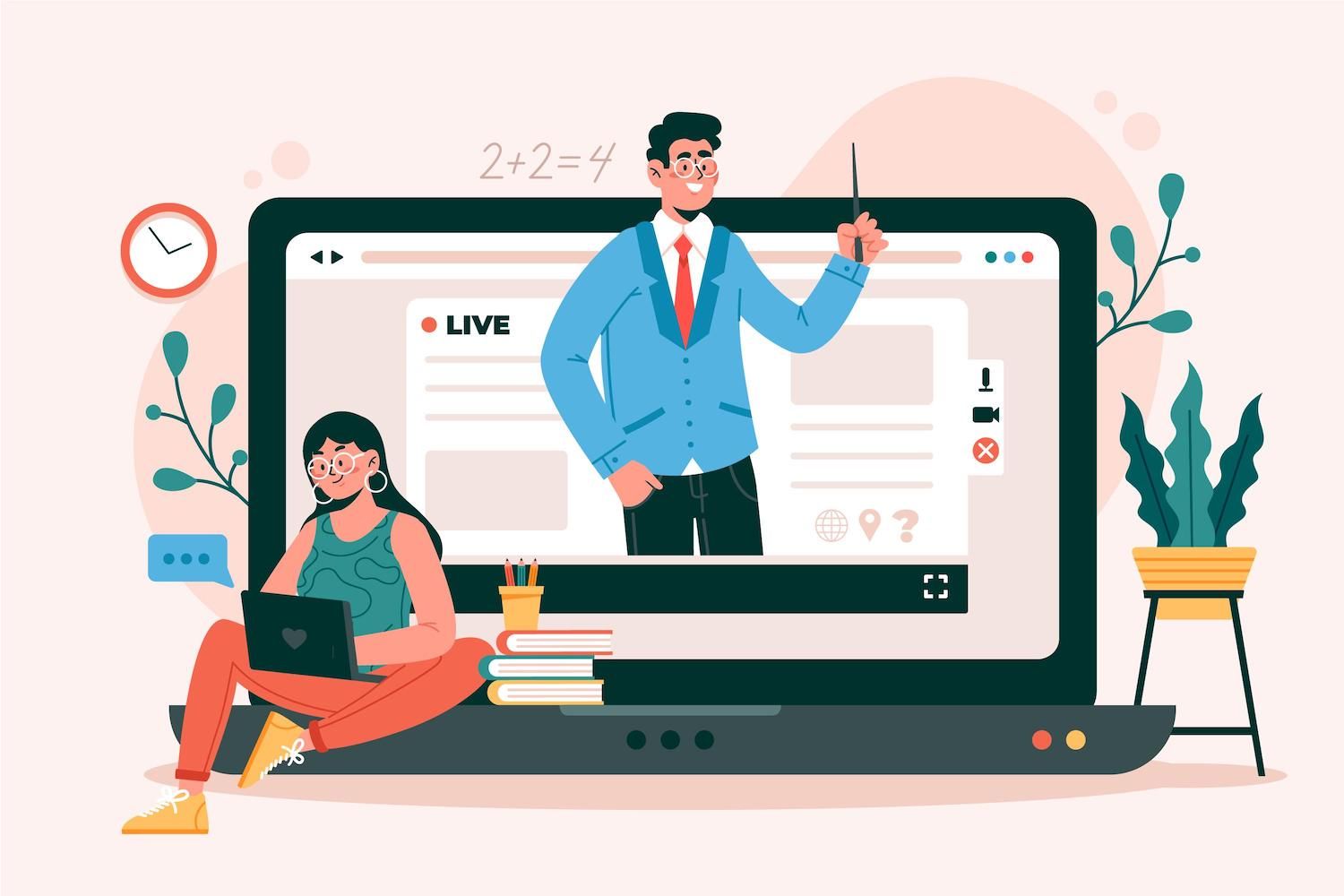How to Sell a Mobile App or Game outside App Stores -
Thanks to Tony Markov for contributing to this article!
If you're not sure how to sell an application direct to the consumer (D2C) in addition to app store -- or if you're searching for a fresh option to make money off your game or mobile app and game, you might be thinking about the possibilities you have.
High fees on platforms like the Apple App Store and Google Play are a reason that can cause game developers and app creators to look beyond the convenience and ubiquity of traditional marketplaces for app apps however, the restrictions of platform providers make it more complicated.
But, due to continuing court proceedings and the creation of new rules and laws the landscape of mobile phones is evolving.
There are more choices than you thought -- but where do you begin?
In this post this article, we'll discuss:
- App store policies in effect and rates.
- Different tools that you could utilize to make money with apps and games outside apps stores.
- Highlights from the most recent U.S. and European legal reports that could affect app sales and game revenue.
How Mobile App Stores function currently
With 99percent of the mobile OS market share worldwide, Android with the Google Play Store as well as iOS through an Apple App Store have enjoyed an advantage over mobile app distribution and e-commerce for mobile apps all over the world. While those markets are beginning to expand and are becoming more accessible, it's important to know the model that app stores were previously operating under.
On the plus side, as major app stores are used by basically every human in the world with a mobile phone, the ability to attract new users to your application or for your game is unmatched. Then, app stores provide a simple and easy way for users to download and purchase new applications and purchases using a platform they already trust, and by using the payment method they've stored to their account.
App stores can also make it easy for app developers to distribute their apps. They can also handle essential aspects of transactions, such as various payment options and currencies, fraudulent transactions and technical assistance related to the transaction, and also collecting and settling sales tax.
However, this ease of use isn't without a price for the developers.
The Downsides of Monetizing via Major App Stores
Assuming your game or app is approved by gatekeepers for the mobile app store in the first place and there is no competition ensures that the fees for sales through iOS and Google Play app stores are very high -- usually about 30%..
Those fees also apply for in-game purchases too. This means that regardless of whether you decide to release a free app but monetize it using in-app purchases, your players and users will still be charged hefty costs to the app store.
Transferring the Fees- Or the Savings -for Consumers
A few apps are starting to clarify that a certain percentage of high app store fees are passed on directly to the buyers, despite they also offer lower-cost alternatives alternatively.
Otter's 2023 Pro Pricing Changes
Otter updated its pricing policies in mid-2023, with price changes for packages coming into effect in August 2023.

However, there was one interesting Pro alternative: Paying for a yearly subscription via Apple App Store or Google Play Store can cost customers additional 10 dollars which will increase the cost by a significant amount, ranging between $119.99 and $129.99 USD.
For users to understand how they are able to avoid the charge, Otter placed a green "Tip" box beneath that Otter Pro pricing grid, letting users know they can "Learn how you can transfer your Apple App Store or Google Play Store subscription to Otter through the Web ."

To address this pricing discrepancy in more detail, read in the FAQ section at lower left of the announcement page states that the higher price via app stores "reflects the additional charges required to host the Otter.ai subscriptions both on Apple as well as Google's app stores."
It continues to strongly recommend users to remove their existing Apple App Store or Google Play Store subscriptions and sign up again on Otter's website..
The Increasing Trend in Video Game User Account Purchases
Similar to Otter Like Otter, a lot of game app makers are offering discounts to customers who buy from outside the app through an external user account that's linked back to the application.
Developers may advertise these types of discounts and user accounts through their websites.

App developers make it quick for users to sign-up by using the app on their smartphone, pressing the button to sign up for an account for the user, then completing registration.
It is then possible for users to make purchases from the developer's site directly, at a price much cheaper than when they make the same transactions through the app. (More details on accounts for users below.)

The App Store's List of Development Companies Selling D2C is Growing
There are many benefits when selling games and applications through Google Play and the iOS App Store and Google Play, the downsides on pricing and limitations to distribution for games means that, the court case process continues and new rules open the marketplace, more developers will be wondering whether they could apply an effective D2C approach for their application or game.
How To sell Apps Outside App Stores
Even though Otter's app is accessible via Apple's App Store, or Google Play Store -- and Otter is charging a higher rate if you have to pay for their yearly Pro subscription using these stores, there's still a lower-cost option for users to download the app from one of the stores, but paying for their service on Otter's own website with a different payment service company.
This model provides an illustration of the differences between distributing applications through marketplace for apps, as well as the possibility of monetizing apps through app marketplaces.
Although downloads for your application belong to a store that is owned by a third party, that does not mean that it's the only way users can pay for the features or services you offer.
Below are a few most important aspects to take into consideration before setting up your own monetization option that isn't available on the main app marketplaces.
Choose a Payment Service
There are many options for payment service providers (PSP) and merchants of record (MoR) on the market that you can set up to accept payments that are not accepted by apps that are device-captive.
However, there's a major differentiator between payment services suppliers and merchants of record.
A PSP helps businesses sell a product by handling the specialized solutions and connections required for this (such for connecting payments processors, payment gateways as well as a merchant account).
A MoR like does all that and assumes important responsibility like ensuring that cards brand regulations, regulatory laws in a variety of countries as well as risk, sales taxes as well as VAT, and much more. This includes the calculation, collection taxes, and paying them.
Why Not Just Pick an Even Lower Cost Solution Like Stripe?
Stripe comes with multiple upgrades to cover some of these gaps, but each upgrade will increase the price anyway.
Users Accounts
In order to connect your purchases with your personal checkout and your app that was downloaded from an app store, you'll need some kind of user account system to allow users to keep track of the details of their transactions and also receive credit for purchase.
User accounts will allow users to make purchases outside of their App Store or Play Store after which they sign in to your app to see the purchase credited there.
For the instance of we offer consumers with support -- so if they encounter any difficulties concerning their purchase, or with their purchase account, we'll be available to assist.
The purchases that are tied to accounts of users are often in the form of in-app currency or subscriptions.
In-App and In-Game Currency
To make your app monetizable using game currency or in-app it is necessary to purchase the currency with real cash on your website and later redeemed inside your application for things or features.
For several games on mobile devices, the apps use an in-game currency such as coins, gems, gold, or a special fictional currency which players can redeem for bonuses within the game. This currency is typically bought in a variety of packages which include exclusive pricing on the web when users quit the game and go directly to the site of the game's developer.
Subscriptions
Rather than individual purchases as needed, you may prefer to offer access to your application (or the premium services and features) by way of a subscription usually available on a monthly or annual basis.
In addition to a no-cost option, Otter's packages are available as monthly or yearly subscriptions.

Items and Upgrades
Upgrades and items are another option to package your app and monetize your app. They can work independently of other options such as subscriptions and currencies in-app, or could work to them.
The case is Otter, which offers an unpaid version of their services (either on the web or through their app) Upgrades such as more minutes of transcription, team collaboration, and more advanced export options encourage users to sign up for their Pro and Business packages.
In the case of gaming applications, the possibilities are virtually limitless with unique items, characters or power-ups that can encourage users to purchase via the website and redeem within the application.

Legal News Re: App Revenue and Monetization
If you're not aware of the recent and ongoing legal challenges that could affect the both Google as well as Apple's store in a way it's been many within the U.S. and Europe alone.
The Digital Marketing Act (DMA)
Epic Games' Lawsuits
After Epic Games used discounts to encourage its Fortnight users to use a different payment system rather than the app marketplaces that both Apple and Google have since deleted Fortnight from their stores in 2020. Epic Games then separately sued both Apple as well as Google.
In the Google appeals, the case will remain, however an appeals court decision in December 2023 found in favor of Epic in all aspects.
State-Led Courts
Partnership With

